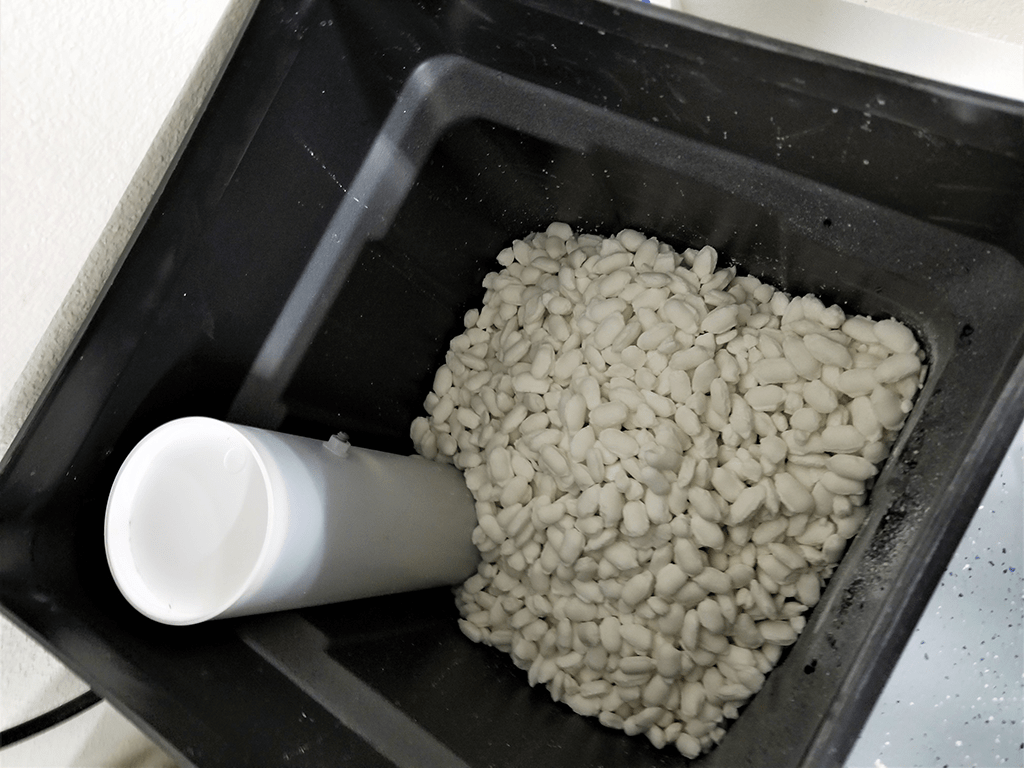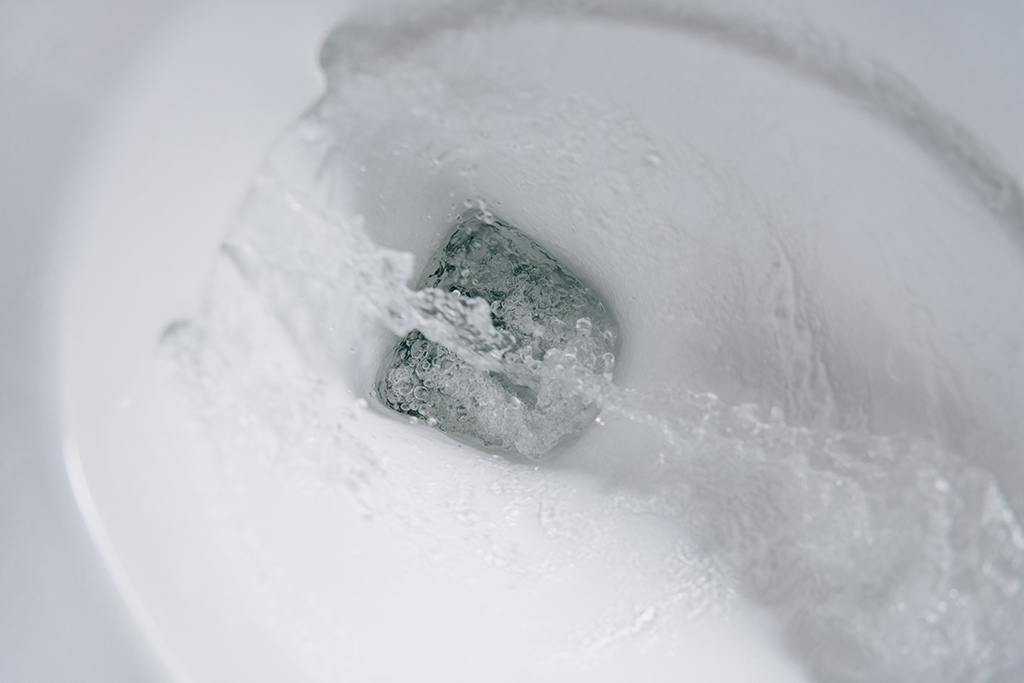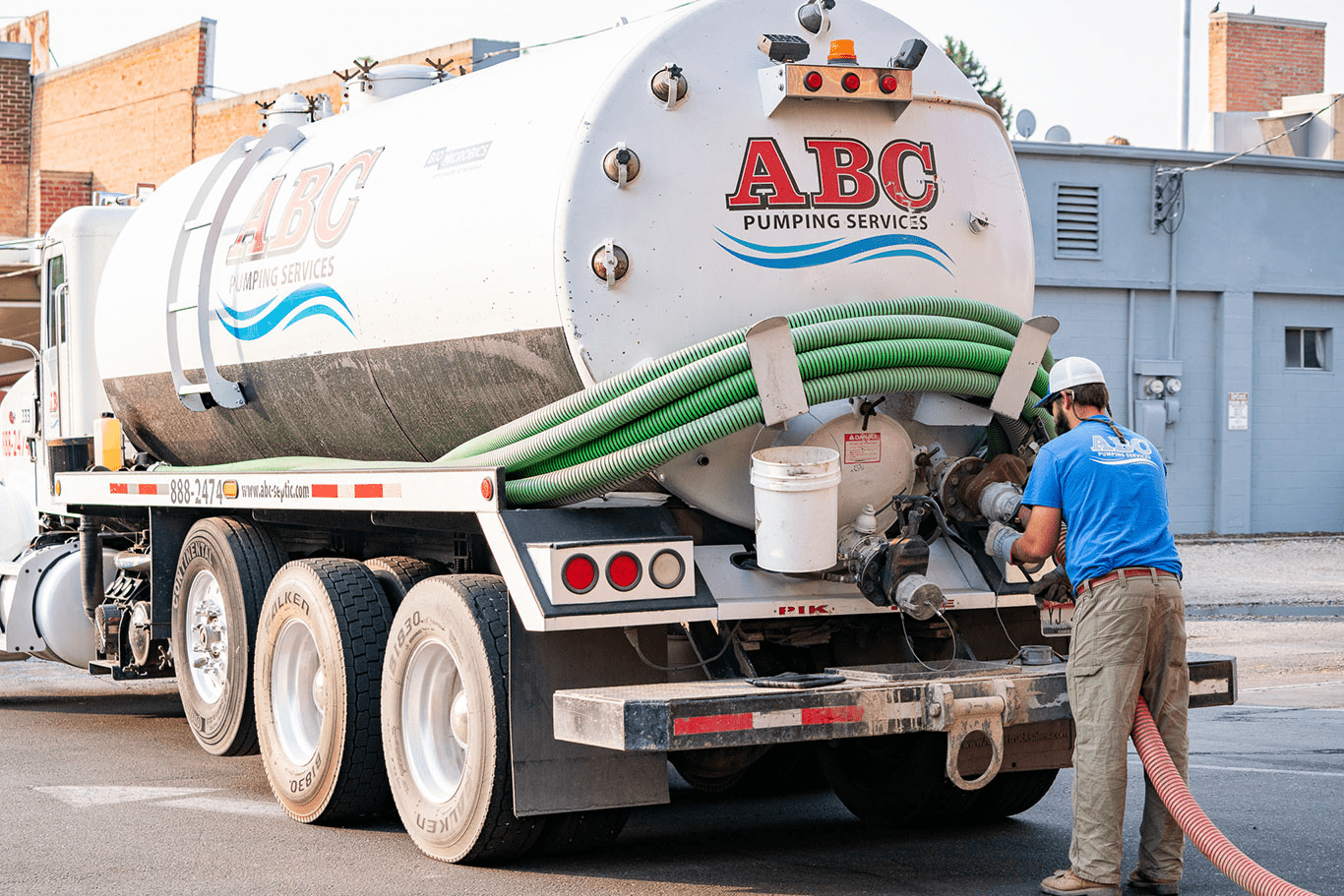For homeowners, maintaining a septic tank is as crucial as any other home maintenance task, yet it often goes overlooked until problems arise. Regularly pumping your septic tank is vital to prevent backups, maintain your system’s efficiency, and extend its lifespan. But the burning question remains: How often should you pump your septic tank?
According to experts at ABC Pumping, the frequency of septic tank pumping depends on several factors, including the size of your tank, the number of people in your household, and your daily water usage. This guide will help you understand the importance of regular septic tank maintenance and how to determine the right pumping schedule for your home.
The Importance of Septic Tank Pumping
Before we dive into frequencies, let’s touch on why pumping your septic tank is necessary. Septic tanks collect and treat wastewater from your home. Over time, solid waste settles at the bottom of the tank, forming sludge, while lighter waste, such as fats and oils, floats to the top, creating a layer of scum. The liquid wastewater (effluent) exits the tank and is treated by the soil in the drain field. If the tank isn’t pumped regularly, sludge and scum can build up and block the effluent from properly exiting, leading to system failure, backups, and potential health hazards.
Determining Your Septic Tank Pumping Schedule
1. Tank Size
The size of your septic tank is a primary factor in determining how often it should be pumped. Smaller tanks fill up more quickly and thus require more frequent pumping. Typically, residential septic tanks range from 1000 to 1500 gallons, with larger tanks needed for homes with more occupants or higher water usage.
2. Household Size
The number of people living in your home significantly impacts how quickly your septic tank fills up. More residents mean more water usage, more waste, and a faster rate of sludge and scum accumulation. A single person in a home with a 1000-gallon tank may only need to pump every 9-12 years, whereas a family of five might need to pump every 3-5 years.
3. Water Usage
Your daily water usage also affects the pumping schedule. High water usage can cause the tank to fill more quickly, while conserving water can extend the time between pumpings. Be mindful of your water use, including laundry, dishwashing, and toilet flushing, to help manage the load on your septic system.
4. Inspections and Maintenance
Regular inspections are crucial to determine the actual condition of your septic tank and whether it’s time for pumping. ABC Pumping recommends having a professional inspect your septic system at least once every three years. These inspections can catch potential issues early and help you maintain an appropriate pumping schedule based on your specific circumstances.
Signs Your Septic Tank Needs Pumping
While sticking to a regular schedule is ideal, there are signs that your septic tank needs immediate attention:
1. Slow drains or backups in your sinks, toilets, or bathtubs
Gurgling sounds in the plumbing system
2. Unpleasant odors around your house or the drain field
3. Standing water or overly lush vegetation in the drain field area
Understanding how often to pump your septic tank is essential for keeping your home’s wastewater treatment system running smoothly and avoiding costly repairs. While the general guidelines provided by ABC Pumping offer a good starting point, remember that your home’s specific needs may vary. Regular inspections and being attentive to the signs of a full tank can help ensure that your septic system remains healthy for years to come.







